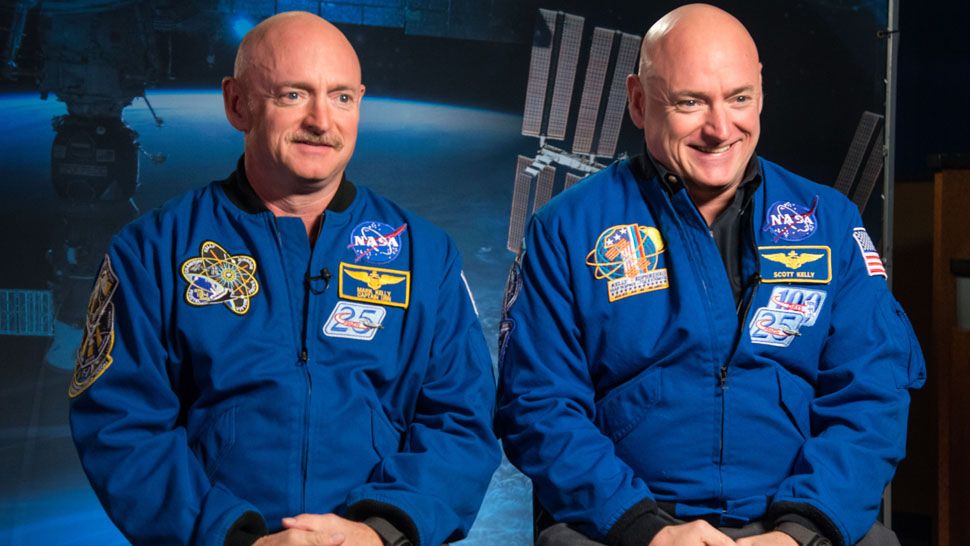KENNEDY SPACE CENTER — New research from NASA shows that while long-term space travel does take a toll on the body, so far nothing would make the space agency think twice about trips to Mars.
- NASA studied twin brothers Scott and Mark Kelly
- Study noted there were slight changes to immune system
- RELATED: Learn more about the NASA Twins Study
NASA astronaut Scott Kelly spent a year in space at the International Space Station while his identical twin brother, Mark Kelly, another astronaut, was monitored down on Earth.
Scott Kelly, who began his year in space in 2015, was the test subject.
NASA wanted to see what impacts long-term microgravity would have on the human body.
Scientists say the research is key if we want to send humans on long-duration missions to the moon or Mars.
NASA says the weirdest thing they learned that the protective ends of the chromosomes that make up DNA, actually got longer during Scott Kelly's time in space. As humans get older, those telomeres normally shorten gradually.
Scientists say they can't explain why, and most of Kelly's telomeres returned to preflight average when he returned to Earth.
They also say how Kelly's genes switch on and off changed, especially the immune system genes. Scientists say those genes went almost on high alert, as if trying to understand the new environment.
However, once Kelly was back home, the most of the gene expressions returned to normal, while others were still hyperactive six months later.
Kelly also had some chromosomal instability, which scientists think might reflect space radiation exposure.
Scientists also say that cognitive tests Kelly passed with flying colors in space took him longer once back on Earth.
Both Scott and Mark Kelly are now retired from NASA, but still have been working with the space agency on this research project.
While the study was important for NASA and space flight, it's not definitive. Researchers plan to study 10 more astronauts on year-long missions, while using the findings from the Kelly twins as a road map.



